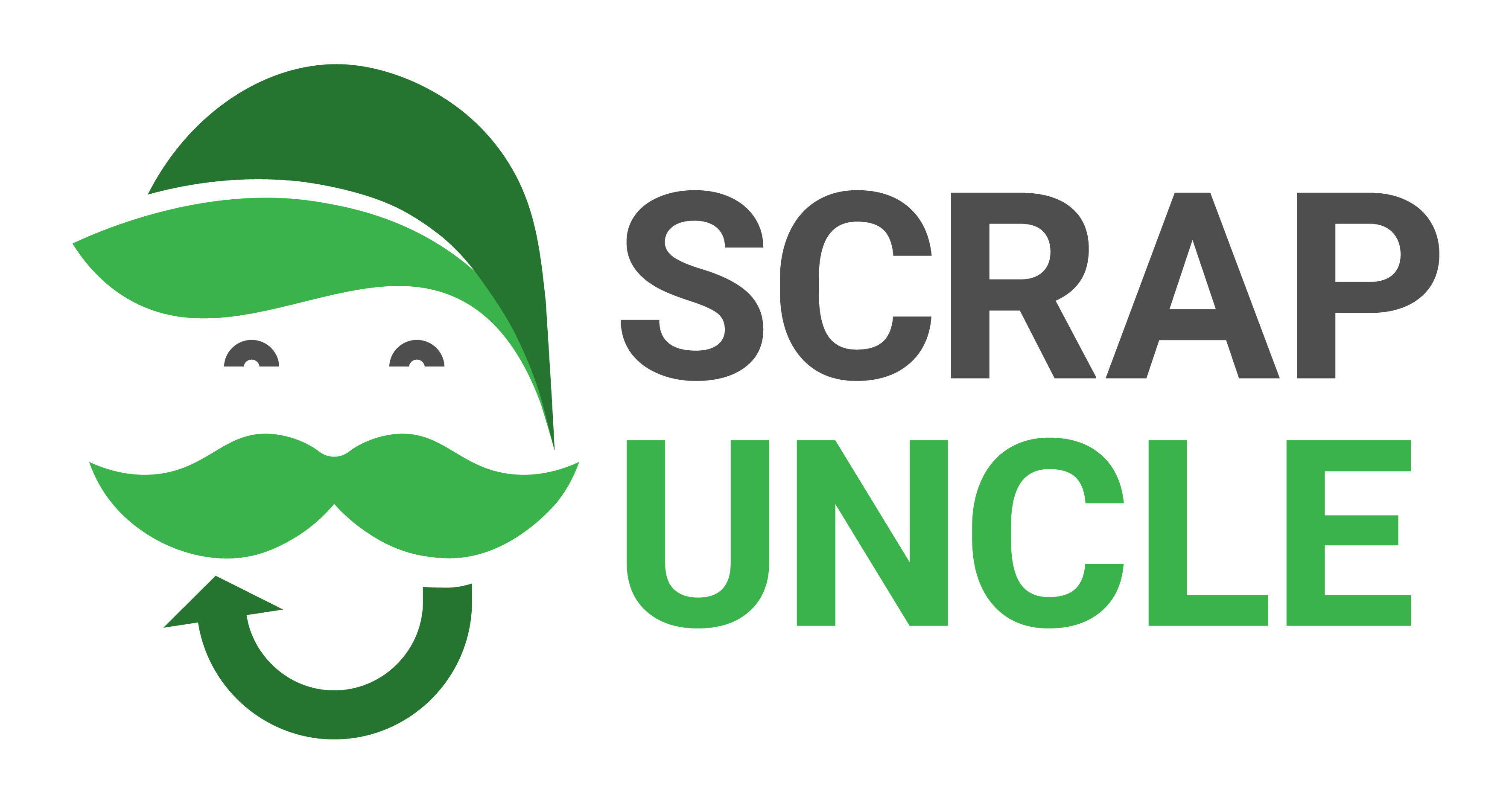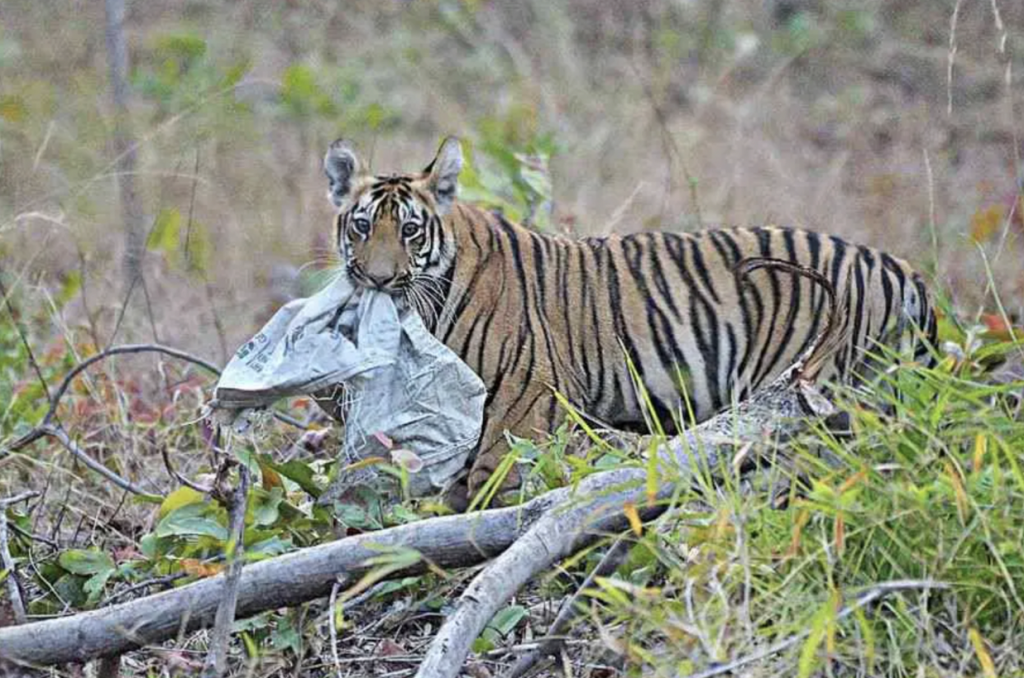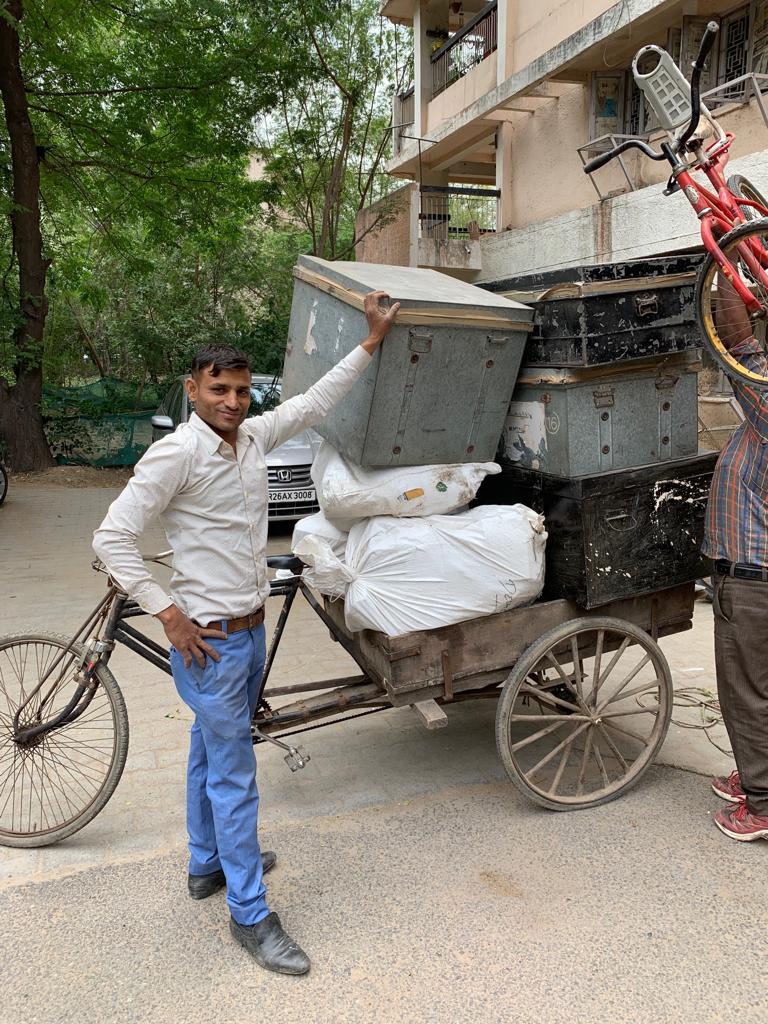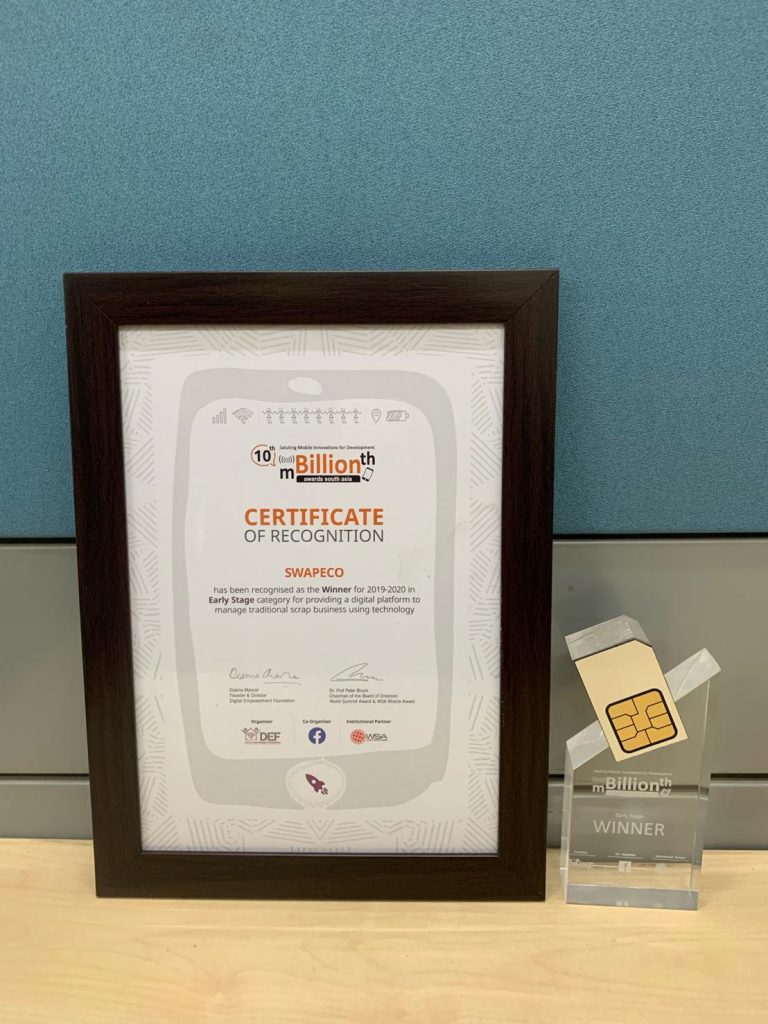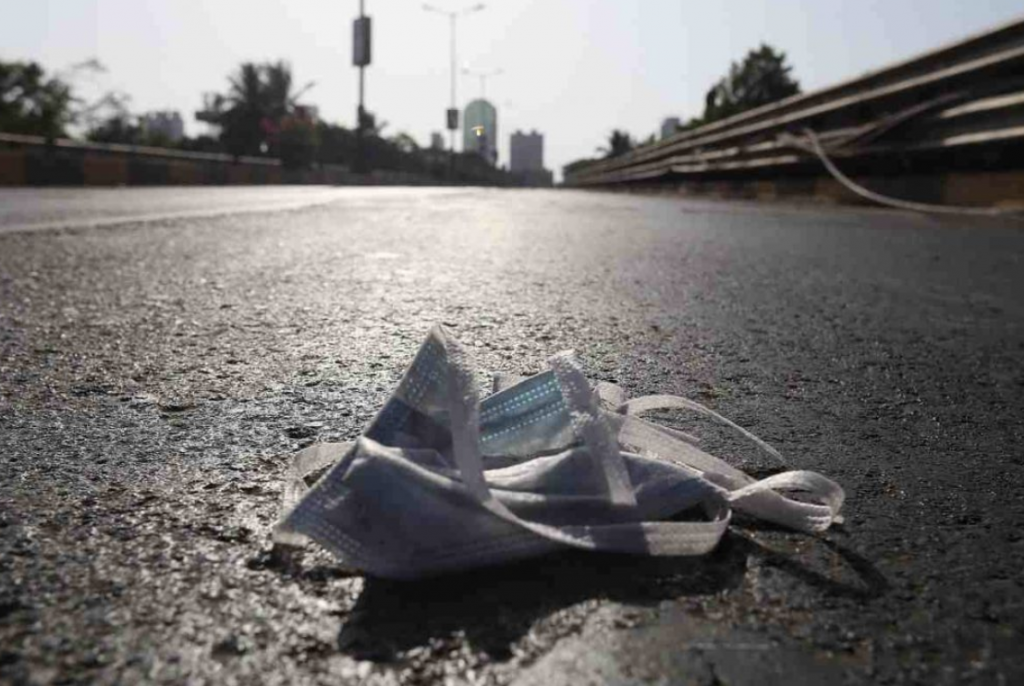In 2021, India continues to struggle with a mammoth garbage predicament and a serious waste management issue. According to RECYCLING Magazine, Urban India generates approximately 62 million tonnes of waste on an annual basis and that number is predicted to reach 165 million tonnes by the end of 2030. Moreover, 43 million tonnes of solid waste is collected annually, out of which 31 million is dumped in landfill sites (only 38% of the waste is treated).
When walking down the streets of India, the lack of waste management is evident; there is a lack of public bins, and available bins, without proper coverage, are overflowing all over the streets. While litters such as banana peels are less harmful due to their biodegradable nature (also can be eaten by stray animals), India is faced with a greater problem today: a rise in plastic waste.
In hopes of bringing awareness vis-à-vis India’s waste management problems, the Sanctuary Nature Foundation conceptualized an Instagram initiative called #InOurFilth. The innovative project invites photographers living in India to submit images that illustrate the impact of garbage on wild species, which are then posted on social media platforms. Co-founders and wildlife conservationists Cara Tejpal and Prachi Galange noted the importance of showcasing the impact untreated waste has on wild animals and how India’s heavily polluted surroundings serve as a toxic foraging ground for a plethora of wild animals. Tejpal and Galange found value in finding the link between everyday consumption and the living conditions of wild animals.
Images showed a wild elephant scavenging for food at unauthorized garbage heaps in Siliguri, West Bengal, a tree mouse stuck inside a discarded polythene packet in Kavrem, Goa, an Indian Tree Shrew feeding on food scraps in a local garbage dump, and a brown palm civet foraging through piles of rubbish in the Nilgiris district of Tamil Nadu.
While the government officials are working to find solutions for India’s environmental crisis, we all have the responsibility of doing our part as global citizens. Whether it’s reducing your use of single-use plastics, supporting non-profit organizations addressing environmental problems, or taking the initiative to find local scrap recycling supply chains, let us not remember that the earth was created for all of us, not some of us. As American environmentalist David Foreman once said, “We must all work together in order to save the environment and the world that we live in from further change.”
Swapeco is dedicated to alleviating the waste management crisis in India. Swapeco utilizes a digital platform that is convenient for various stakeholders. Through a mobile app, anyone can schedule a hassle-free doorstep scarp pickup which will be processed by trained and verified partner vendors and Kabadiwalas of an area. In light of the COVID-19 health sanitary crisis, we will also execute our implemented strategies to maintain a hygienic exchange process and prioritize the safety and wellbeing of all parties involved. With Swapeco, we hope to bring about a convenient service that brings a fresh solution to the growing problem of waste mismanagement in India.
If you would like to schedule your first pickup, feel free to visit Swapeco.com to learn more about what we have to offer. Also, if you have any inquiries, we are always available through social media or send us an email ([email protected]) and we will be happy to respond.
Download our app now to experience the benefits we have to offer and visit our website at swapeco.com for more information! For the quickest access to our service, please download our mobile app using the following link: play.google.com/store/apps/details?id=com.swapeco.app
Social Media Links:
Instagram: https://www.instagram.com/swapeco/
Facebook: https://www.facebook.com/swapeco/
